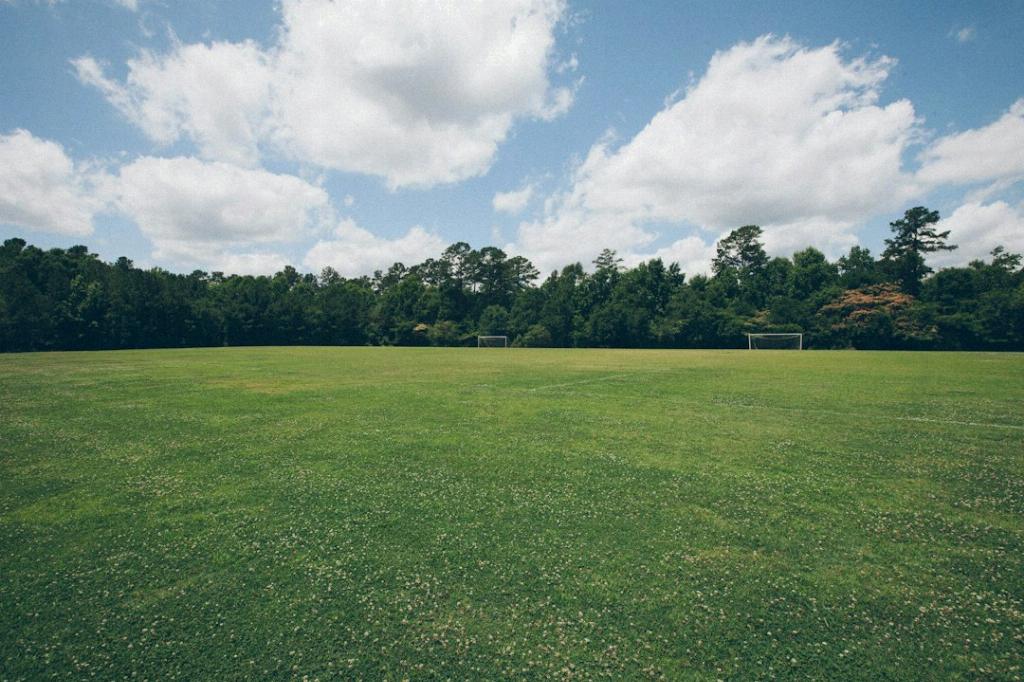After a fresh rain shower, you might be eager to get out and tackle your lawn, but is it okay to mow it right after the rain? The short answer is, it’s best to wait for wet grass to dry before mowing. There are several reasons why mowing wet grass can be detrimental to your lawn and your mower. Let’s dive into why it’s recommended to hold off on mowing until the grass has had a chance to dry out.
1. Wet Grass Clippings
When you mow wet grass, the clippings become heavier and tend to clump together. These clumps can clog up your mower’s blades and chute, potentially causing the mower to choke or stall. This can result in an uneven cut and put added stress on your mower.
2. Lawn Health
Mowing wet grass can also have negative effects on the health of your lawn. Wet grass blades are more prone to tearing rather than being cleanly cut. This can leave your lawn vulnerable to diseases and infections. Additionally, the weight of the wet clippings can smother the grass, inhibiting growth and leading to brown patches.
3. Safety Concerns
Operating a lawn mower on wet grass can be risky. Wet surfaces are slippery, increasing the likelihood of accidents or injuries while mowing. It’s best to wait for the grass to dry out to ensure a safer mowing experience.
4. Mower Maintenance
Mowing wet grass can also take a toll on your mower’s maintenance. The excess moisture from wet grass clippings can promote rust and corrosion on the mower’s blades and deck. Waiting for the grass to dry before mowing can help prolong the life of your mower.
5. Grass Aesthetics
If you mow wet grass, the result may not be visually pleasing. Clumpy, unevenly cut grass can detract from the overall appearance of your lawn. Waiting for the grass to dry before mowing will ensure a cleaner, more uniform cut.
6. Time Consideration
While waiting for the grass to dry may require some patience, it’s important to consider the time it will take to clean up wet clippings or address any issues caused by mowing wet grass. Taking the time to let the grass dry can save you time in the long run.
7. Environmental Impact
Mowing wet grass can also have environmental impacts. Wet grass clippings can contribute to thatch buildup, which can prevent water, air, and nutrients from reaching the soil. This can harm the overall health of your lawn and surrounding vegetation.
8. Lawn Mower Performance
Your lawn mower’s performance can be compromised when mowing wet grass. The excess moisture in the grass can put strain on the mower’s engine and blades, leading to decreased efficiency and potential damage. Allowing the grass to dry before mowing can help maintain your mower’s performance.
9. Optimal Mowing Conditions
To ensure optimal mowing conditions and the health of your lawn, it’s best to mow when the grass is dry. Dry grass provides a clean cut, minimizes stress on the grass blades, and promotes overall lawn health. Waiting for the right conditions can lead to a healthier, more vibrant lawn.
10. Lawn Care Practices
Part of proper lawn care includes knowing when to mow and when to wait. By understanding the effects of mowing wet grass, you can adjust your lawn care practices to promote a lush, green lawn. Patience and timing are key components of maintaining a beautiful lawn.
11. Overall Maintenance
Considering the overall maintenance of your lawn, it’s essential to take proper care when mowing. Waiting for the grass to dry after rain may require a bit of waiting, but the benefits in terms of lawn health, mower maintenance, and overall aesthetics are well worth the time and effort.

12. Conclusion
In conclusion, it’s generally recommended to avoid mowing wet grass after rain. Waiting for the grass to dry will not only improve the quality of your lawn’s cut but also help maintain your mower’s performance and prolong the health of your grass. By practicing patience and timing, you can ensure a beautiful, well-maintained lawn that will thrive throughout the growing season.
